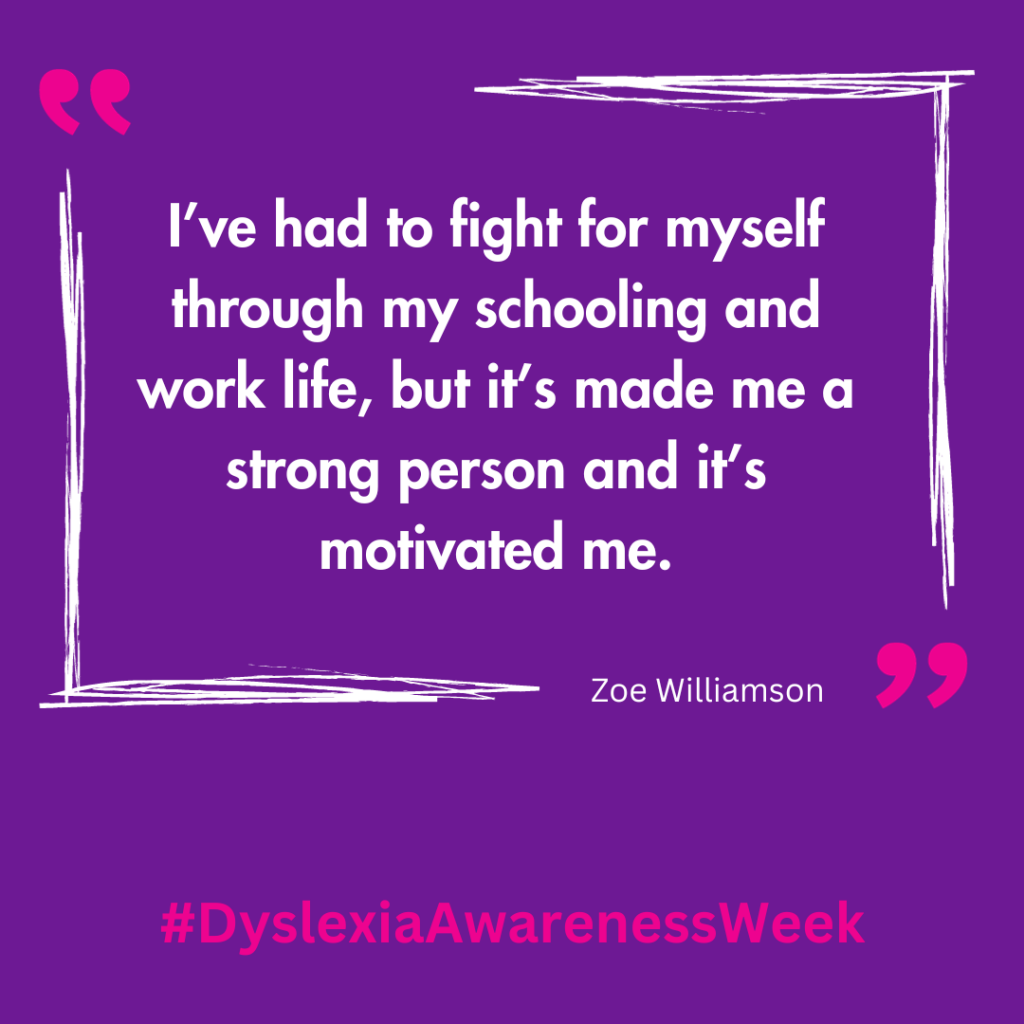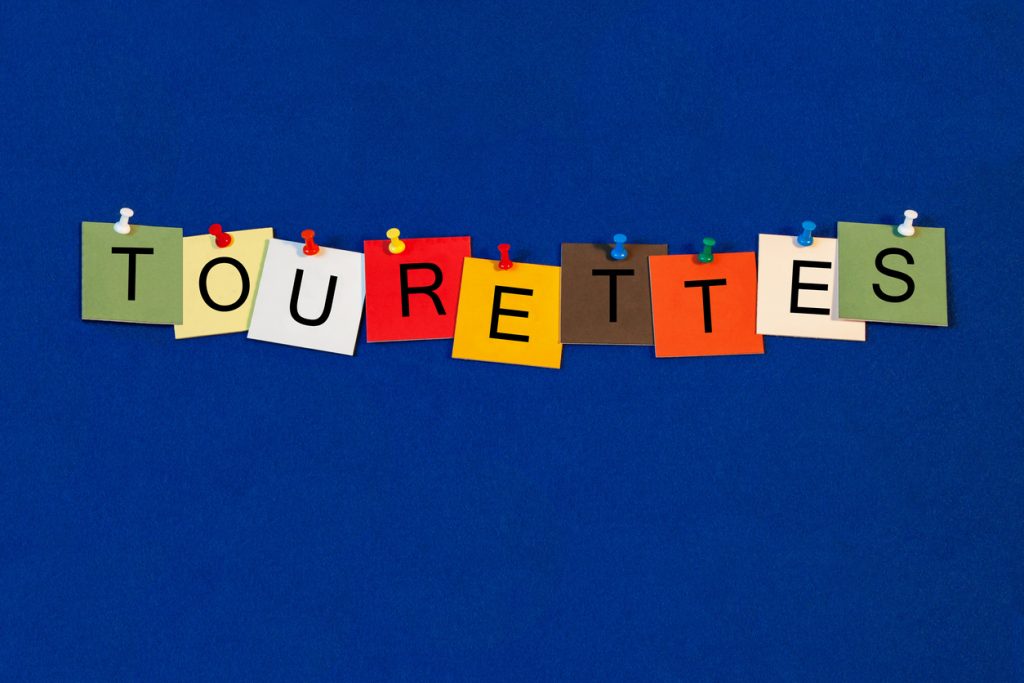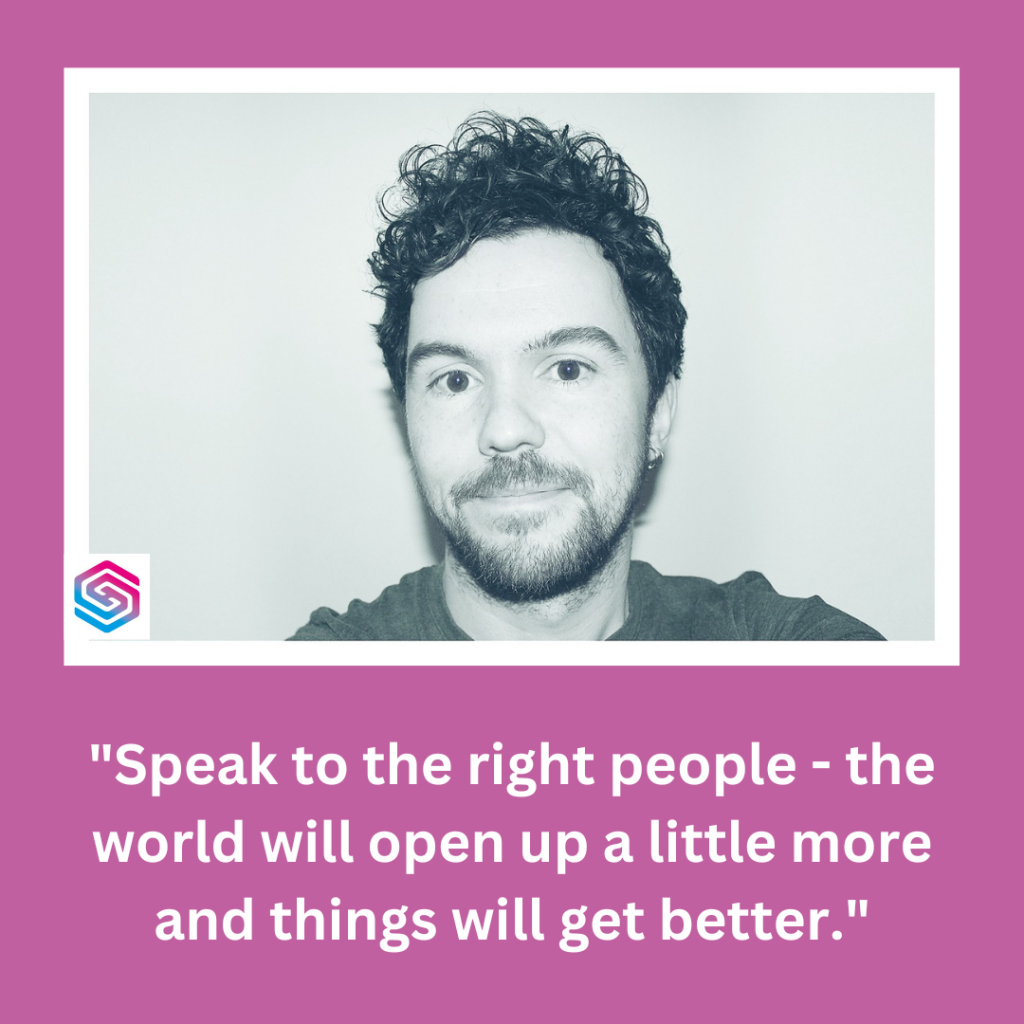Owen Harvey, 17, was diagnosed with bipolar type 1 last year…
“My brain was whirring and I couldn’t sleep at all…”
I went to a grammar school and worked really hard for my GCSEs. After the exams finished, I spent the summer working in a café and hanging out with my friends. On results day, we all went into school together, and then my friend Tom had a few people back to his house as his parents were away. All my friends had done well and we were celebrating – drinking beer, making pizzas and playing FIFA on the PlayStation. About midnight, we all crashed in sleeping bags in Tom’s lounge. I’d been finding it hard to drop off to sleep for weeks, and that night my brain was whirring and I couldn’t sleep at all.
I had a lunchtime shift at the café, so the next day I went to work at 11. My head was racing and I couldn’t think straight. When I got home about 4, I had the idea to burn all my schoolbooks. My mum was furious when she got home. Looking back, I can now see the fire was too close to the fence, but at the time I couldn’t see why she was so angry. We had a big argument. I left her putting out the fire and went to my room.
Even though I hadn’t slept much for weeks, I didn’t feel tired. My brain was working at double-speed and I felt as though I couldn’t sit still or focus on anything. I tried to read, but the words were jumping all over the page. I wanted to watch an episode of anime to calm my brain down, but I couldn’t concentrate. All my brain kept doing was composing poems and finding words that rhyme, I just couldn’t stop it.
“I was talking non-stop…”
What happened that night is jumbled up in my memory, but my mum became increasingly worried and ended up calling 111 who told her to take me to A&E. She says I was talking non-stop and feeling paranoid, sure that the neighbours were spying on us. It’s a long story, but after 12 hours in A&E, another night without any sleep and lots of assessments by different doctors, I was sectioned under the Mental Health Act and taken by ambulance to an adolescent psychiatric unit. I was terrified, but all sense of time and place was so distorted that I didn’t know where I was.
I spent over two months in the unit. When I had calmed down enough, I went to the daily lessons with tutors and attended group activities like yoga, mindfulness and group therapy. I made lots of friends, although everyone else on the ward also had serious mental health issues. My mum and brother visited nearly every day. We’d play table tennis and sit chatting in the visitors’ room.
I was on quite a few different types of medication which made me put on weight and it didn’t help that we had big puddings and snacks every day, and I was doing very little exercise. In the two months I was in hospital, I put on nearly two stone.
“I didn’t want to get out of bed, to do anything.”
I came out of the unit at the beginning of November. The doctor said he thought I’d had a one-off episode of psychosis (which is where you lose touch with reality) and that I could come off all the medication slowly, which I was happy to do. By the Christmas I wasn’t taking any medication, and I was hoping to start sixth form in the January.
Unfortunately, though, my mood began to spiral and I became depressed. I felt like someone had put fog in my brain and it felt impossible to think clearly. I didn’t want to get out of bed, to do anything. My mum was really worried again and made me go to see the GP who prescribed me an antidepressant.
After a few weeks, I could feel the fog lifting and hoped I was starting to feel better. But then my mind starting racing and I stopped sleeping again. This time, when my mum said she was worried, I ran off because I didn’t want to go back into the psychiatric unit. I didn’t have a plan, I just ran and ended up hiding in a park on the other side of town. Eventually the police found me and took me to A&E.
“At first, I was terrified at having a mental illness and hated the thought of being on medication for the rest of my life…”
I spent another two months in the adolescent psychiatric unit. This time they diagnosed me with bipolar type 1. Although she didn’t have a diagnosis, we think my grandmother – my dad’s mum – might have had it because she had lots of serious problems in her life. And my aunt has had lots of mental health problems over the years, so I do think it runs in the family.
At first, I was terrified at having a mental illness and hated the thought of being on medication for the rest of my life. But I was assigned a really kind key worker who came to see me every day when I first got home, then she came weekly and now we don’t have set visits but I can call her if I need to. She told me about all the things people with bipolar need to do to stay well.
Sleep is the most crucial factor. Eating well and getting lots of fresh air and exercise are really important too. I have to take two lots of medication every day. My mum gets my prescription and we keep the meds next to the teabags so I remember to take them first thing in the morning with breakfast and with my last cup of tea before bed.
“Having bipolar definitely doesn’t have to define me.”
I started sixth form last September. My friends are in the year above, which feels strange. I was embarrassed about what they would think, but they’ve been really understanding. My mum invited them round one evening before the start of term, and I explained to them that I had bipolar but that I was now on the right medication and feeling much better.
I did feel quite anxious going into a new year where I didn’t know anyone. It has been okay. I do sometimes worry that I will end up in hospital again, but my key worker assures me that it is possible to stay well and live a good life. She wants me to sign up for some therapy sessions, but I’ve had too many healthcare appointments. I’d rather just get on with my life. Having bipolar definitely doesn’t have to define me. I might be a year behind my friends, but I’m still determined to go to university.
BIPOLAR – THE FACTS
*Bipolar is a serious mental health condition characterised by significant mood swings. Someone with bipolar can experience highs (hypermania or mania), lows (depression) and mixed states (where symptoms of depression and mania occur at the same time) in between long or short periods of stability.
*Over a million people in the UK have bipolar.
*Bipolar affects people from all backgrounds, making little distinction across the world between social class, sexuality, ethnicity and gender.
*The symptoms of bipolar can appear at any age, although research has found that almost 50 per cent of people get symptoms before the age of 21. It is common for people to experience distressing symptoms for years before receiving a correct diagnosis.
*There is a strong genetic link: if a twin has bipolar, their identical sibling has a 70 per cent chance of developing the condition; children who have a parent with bipolar have a 10 per cent chance of developing the condition.
*NICE recommends that the treatment for bipolar is a combination of medication and psychological therapies. Another important factor is good self-management (psycho-education, relapse prevention and recovery) to develop a good routine with diet, sleep and exercise.
*Bipolar UK is the only national charity dedicated to supporting individuals and families affected by bipolar. The charity offers a range of peer support services, including a moderated eCommunity, a support line, and online and in-person support groups: www.bipolaruk.org








